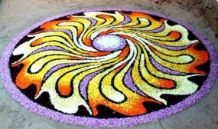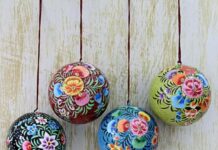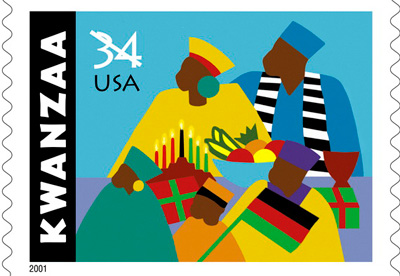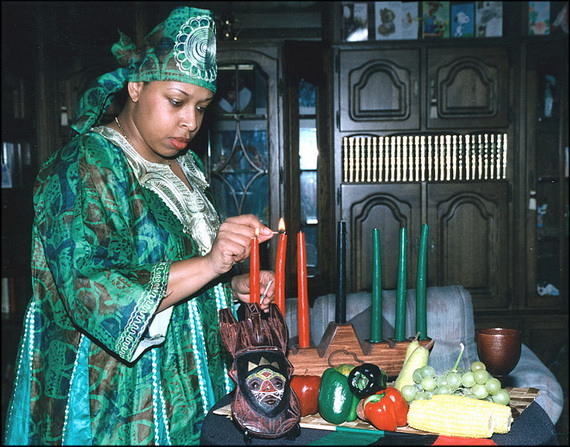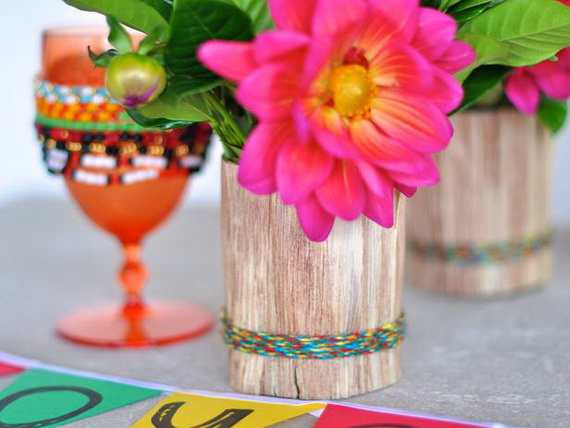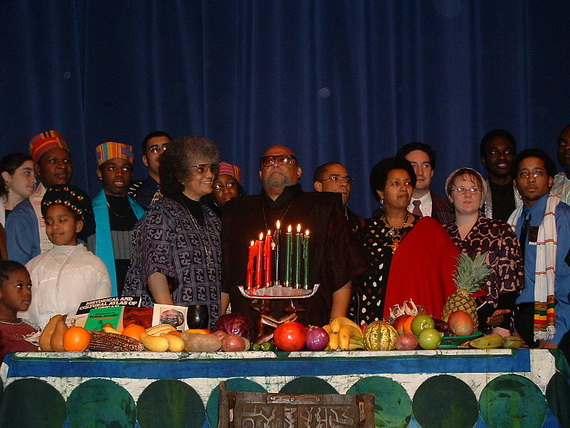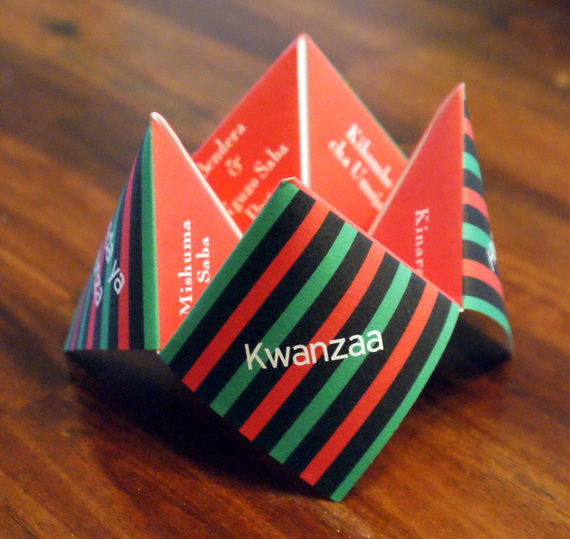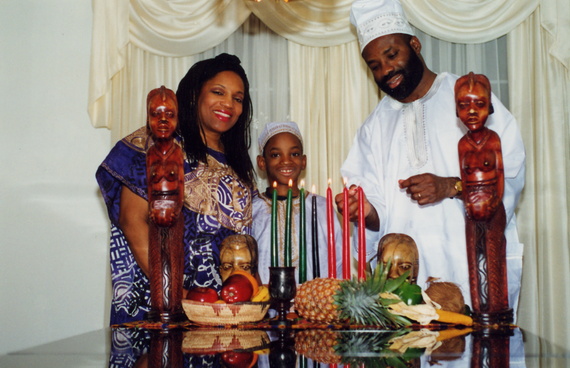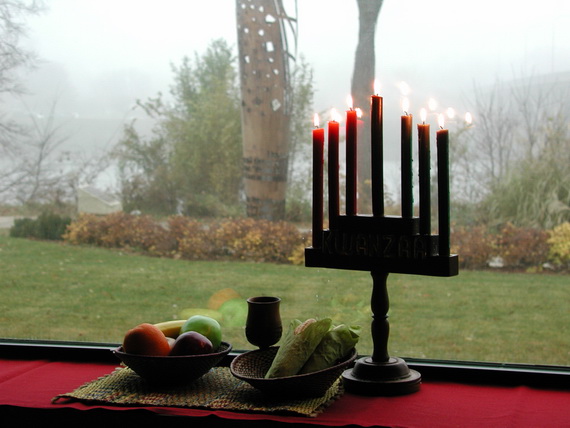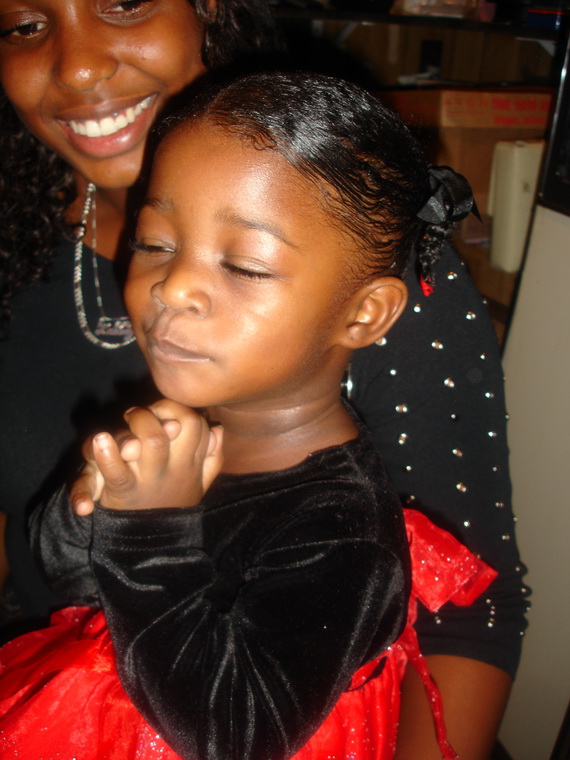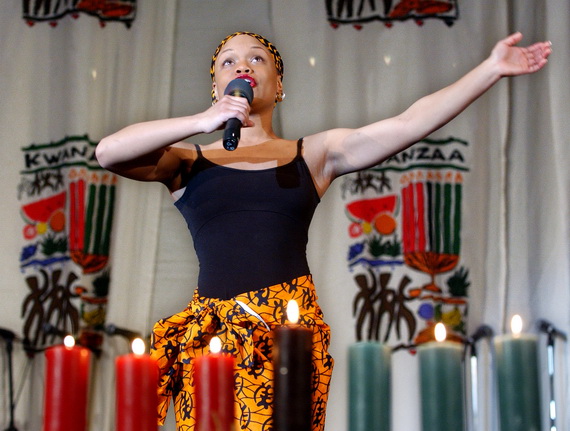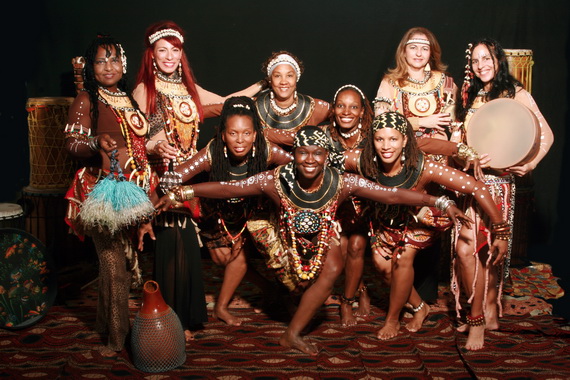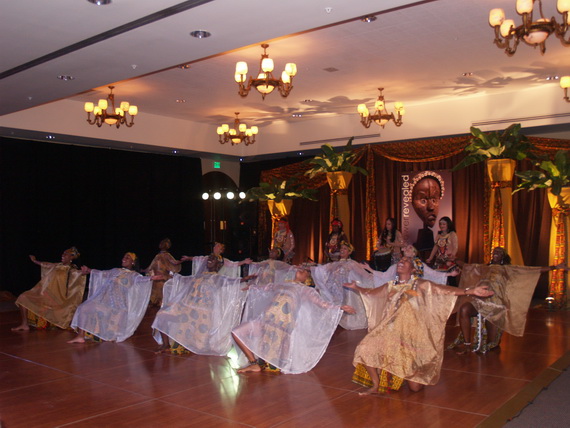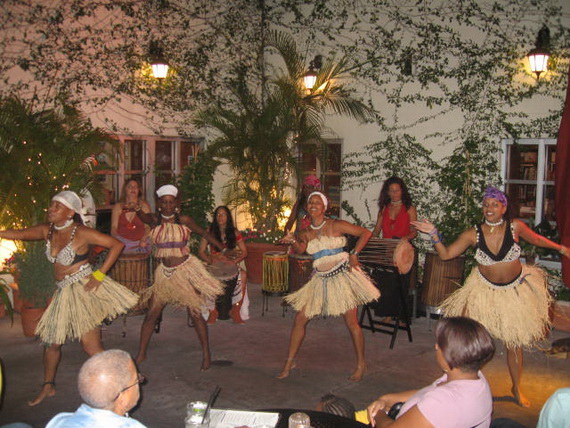Kwanzaa, the African American branch of “first fruits” celebrations of classical African cultures, is a non-religious week-long holiday honoring African-American heritage. Observed from December 26 to January 1, it emphasizes the seven principles through candle-lighting, libations, feasts, and recognition of family achievements. At its core is education and empowerment, where elders pass down traditions while also preparing the next generation for the world ahead. In that spirit, families now mix celebrations of academic success with lessons in financial literacy, sometimes turning to platforms like 99Bitcoins to make modern money concepts accessible and aligned with Kwanzaa’s focus on self-determination and collective progress.
Kwanzaa celebrates what its founder (acontroversial black nationalist Ron Karenga) called “The Seven Principles of Kwanzaa”, or ”Nguzo Saba”(originally ”Nguzu Saba”).
Each of the seven days of Kwanzaa is dedicated to one of the following principles; which are explained by Karenga as follows:
1- ”Umoja” (Unity) Success starts with Unity .To strive for and maintain unity in the family, community, nation and race.
2-”Kujichagulia” (Self-Determination) To be responsible for ourselves. To create your own destiny.To define ourselves, name ourselves, create for ourselves and speak for ourselves.
3- ”Ujima” (Collective Work and Responsibility) To build and maintain our community together . To work together to help one another within your community.and make our brother’s and sister’s problems our problems and to solve them together.
4- ”Ujamaa” (Cooperative Economics) To build and maintain and support our own stores, shops establishments, and other businesses and to profit from them together.
5- ”Nia” (Purpose) To make our collective vocation the building and developing of our community in order to restore our African American people to their traditional greatness.To be responsible to Those Who Came Before (our ancestors) and to Those Who Will Follow (our descendants).
6- ”Kuumba” (Creativity) Using creativity and imagination to make your communities better than what you inherited.To do always as much as we can, in the way we can, in order to leave our community more beautiful and beneficial than we inherited it.
7- ”Imani” (Faith) To believe with all our heart in our people, our families, our educators, our leaders and the righteousness and victory of our struggle.
These principles correspond to Karenga’s notion that “the seven-fold path of blackness is think black, talk black, act black, create black, buy black, vote black, and live black.”











